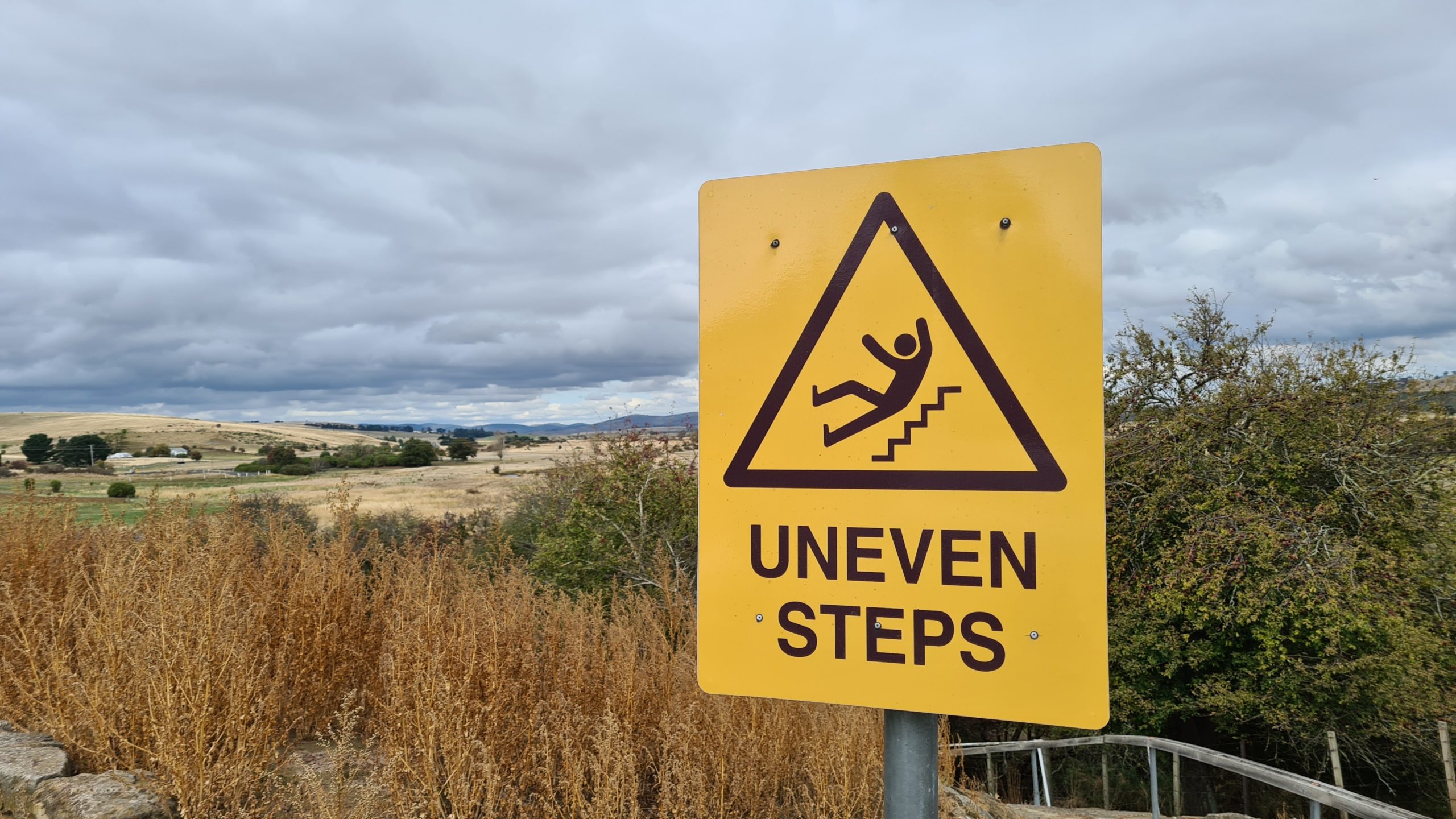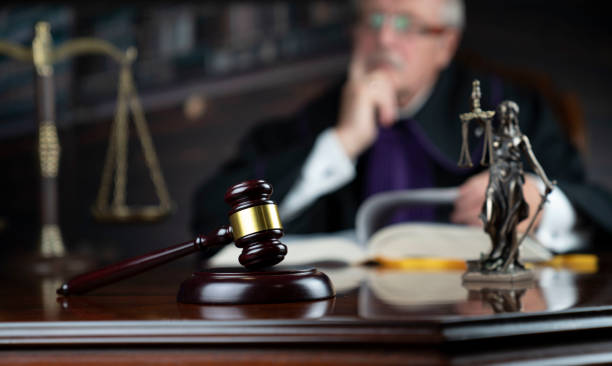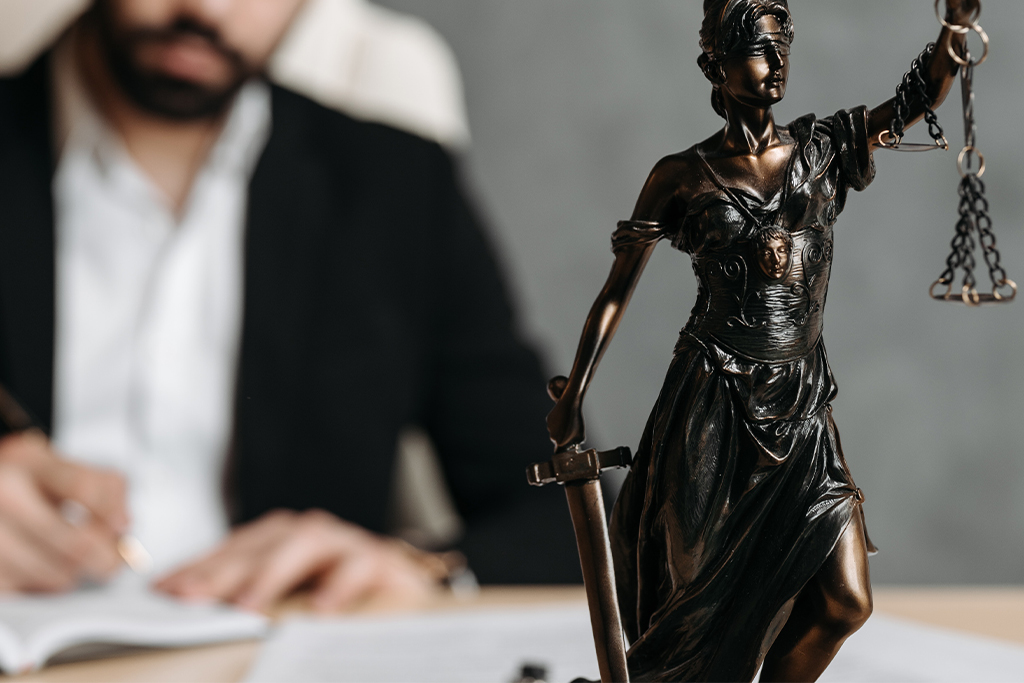Despite numerous efforts to combat drunk driving, it remains a persistent issue on our roads, responsible for a significant portion of traffic-related fatalities. If you find yourself in the unfortunate situation of being involved in an accident caused by a drunk driver, knowing the right steps to take afterward is crucial. In this blog post, we will walk you through the essential actions to safeguard both your physical well-being and your legal rights.
Seek Immediate Medical Attention:
Immediately after an accident with a drunk driver, it’s vital to seek medical attention, even if you feel fine at first. The adrenaline rush from the accident can mask symptoms of injuries that may not become apparent until later. Prompt medical evaluation not only ensures your health but also creates a documented link between your injuries and the accident. This medical record can be invaluable in legal proceedings and can enhance your credibility.
Preserve Critical Evidence:
Collecting and preserving evidence from the accident scene is crucial for building a strong case. Gather any evidence that could support your claim, including:
Surveillance or dashcam footage
Photographs of the accident scene, vehicle damage, and injuries
Eyewitness statements
Copies of the official police accident report
Store this evidence in a secure place and be prepared to share it with your attorney. This evidence can be pivotal in establishing liability and securing compensation from the drunk driver.
Document Your Damages:
Car accidents, even seemingly minor ones, can result in substantial financial losses. Maintain detailed records of all expenses related to the accident, including:
Medical bills
Lost wages due to time off work
Vehicle repair or replacement costs
Expenses for rental cars or alternate transportation
Costs associated with rehabilitation or therapy
Keeping a personal injury journal can also be highly beneficial. Record your daily experiences, pain levels, emotional distress, and how the accident has affected your life. These entries can help quantify intangible losses like pain and suffering, strengthening your case for compensation.
Manage Your Social Media Presence:
In today’s digital age, social media can have a significant impact on legal proceedings. Insurance adjusters often scour online platforms for information that could be used against you. To protect your case:
Consider temporarily deactivating your social media accounts.
If deactivation isn’t an option, adjust your privacy settings to restrict who can view your posts.
Refrain from discussing anything related to the accident, injuries, expenses, or your pending claim on social media.
Avoid sharing photos or updates that could be misinterpreted and used to challenge your credibility.
Conclusion:
Experiencing an accident caused by a drunk driver is undoubtedly a traumatic event. To ensure your physical well-being and protect your legal rights, it’s crucial to follow these essential steps: seek immediate medical attention, gather and preserve evidence, meticulously document your damages, and be cautious about your social media presence. Additionally, consult with a personal injury attorney who can provide expert guidance throughout the legal process and help you pursue the compensation you deserve. Remember, your health and rights should always be the top priorities after such a distressing incident.











